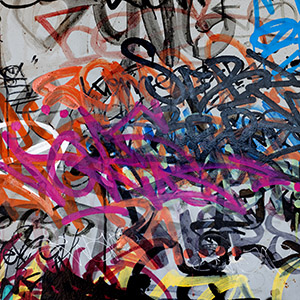
The ongoing debate over whether graffiti should be considered art has not made any strides in making the act any less illegal. According to Texas law, defacing a property owner’s land without their permission is a crime.
Many people believe that these charges are minor. However, that’s not always the case.
Criminal Mischief
In Texas, vandalism charges are known as “criminal mischief” and its penalties vary depending on the degree of damage done. Typically, defendants will face a Class C, B or A misdemeanor. Class C is issued if the property damaged costs less than $100 to repair and Class A is issued if the damage costs $750 or more but less than $2,500 to repair.
However, defendants could face extreme penalties in some situations. For example, if the property owner’s financial loss is $30,000 or more, the defendant could be charged with a third, second or first-degree felony charge.
A state jail felony charge could also be charged for more $2,500 in damages, but less than $30,000.
The more severe the charge, the higher the penalty, including jail time and hefty fines.
Trespassing
In addition to criminal mischief charges, prosecutors could also slap a defendant with trespassing charges. This is typically a Class B misdemeanor, which could include jail time up to 180 days or a fine up to $2,000.
Negotiating charges
If you or someone you know is facing charges for vandalism, there may be a way to keep this petty crime from being prosecuted harshly. By working with an experienced attorney, you may be able to negotiate the charges or the penalties for a more favorable outcome.
To learn more about your options, discuss your unique situation with an attorney for help.

Call For A Free Consultation
(972) 427-5473